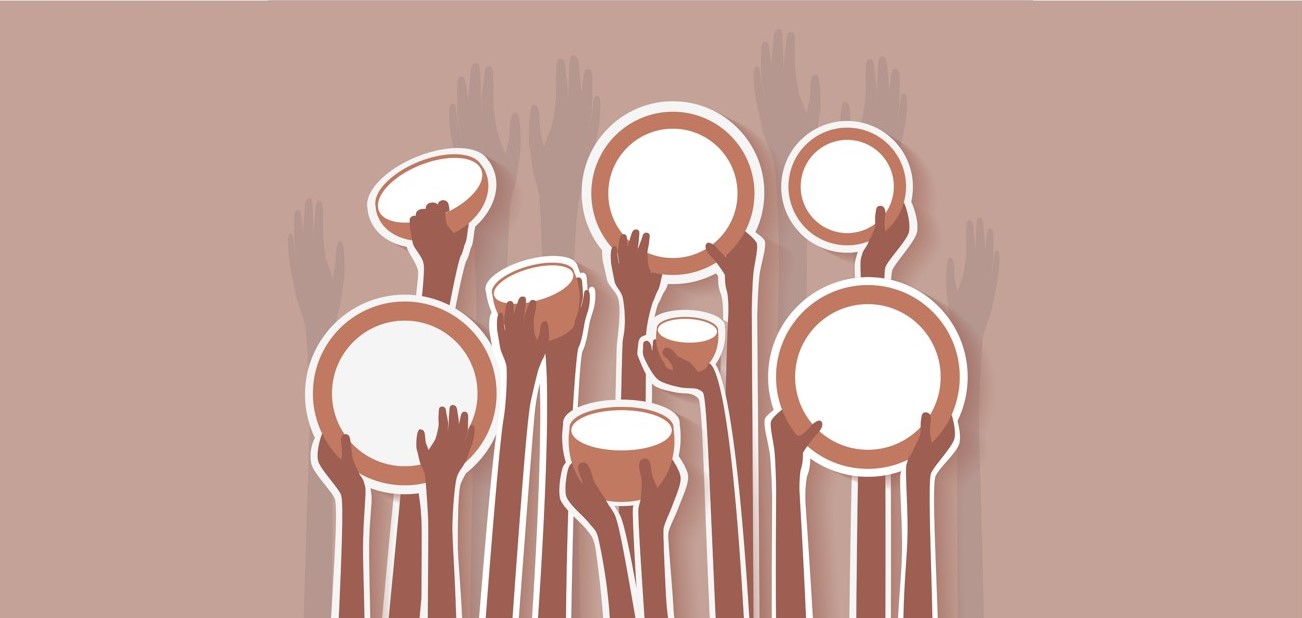Hong Kong, 1 December 2021: “Please, sir, I want some more.” These, of course, are the famous words spoken by the eponymous young orphan in Charles Dickens’ celebrated novel Oliver Twist as he timidly asks the master of the workhouse for a further helping of gruel. As with many of his epic works, the lauded writer used this book to expose the social injustices and cruel hardships endured by poor people in 19th century London. Hence, the term “Dickensian” is synonymous with scenes of squalor, grime, hunger and impoverishment.
Don’t be surprised that we have such conditions here in Hong Kong. In the shadows of our gleaming skyscrapers and high-end shopping malls, underprivileged and unfortunate citizens are condemned to eke out a meagre existence. Our government’s just-published annual Poverty Situation Report reveals that almost a quarter – yes, a quarter – of Hong Kong’s population were living in poverty in 2020, the most since record-keeping began 12 years ago. The number of residents who would have fallen below the poverty line without official assistance was 1.65 million, or 23.6% of the population (an increase from 21.4% in 2019). This was reduced to 7.9% after government interventions such as cash subsidies, public housing and childcare assistance. If this figure sounds more acceptable, it still means around 554,000 citizens actually lived below the poverty line last year.
These are government figures, remember. On-the-ground campaigners and community workers insist the reality is much worse, with Covid-19 exacerbating the struggles of our city’s most vulnerable. “Poor people have been hit the hardest during the pandemic, from job losses to underemployment and homelessness. The government must not turn a blind eye to the serious findings in its own report,” observed Sze Lai-shan, Deputy Director of the Society for Community Organisation. She also believes our government draws the poverty line too low, this being an individual earning HK$4,400 (about US$564) or less per month or a three-person family bringing in a combined HK$16,000 (about US$2,052). Not forgetting, of course, this is one of the most expensive cities in the world for housing.
Our government highlights, with some justification, its efforts to alleviate the sufferings of our poorest citizens, pointing out that the actual poverty rate of 7.9% is an improvement on the previous year’s 9.2%. It further notes that social welfare expenditure in the current year is estimated to be more than HK$105 billion (about US$13.4 billion), a cumulative increase of 147% compared with 2012-13, and this does not include pandemic mitigation measures. The administration’s various relief efforts in response to Covid-19 and the economic recession amounted to HK$300 billion (about US$38.4 billion) in 2020 alone, accounting for 11% of GDP.
Yet, as Professor Paul Yip, Chair of Population Health at the University of Hong Kong, eloquently argues in the South China Morning Post, something is amiss. The fact that poverty is on the rise despite increased social welfare spending indicates the government needs to rethink its approach, he asserts. The same publication recently carried heartbreaking tales of underprivileged children collecting cardboard on the streets or quitting school to help support their families.
Amid such hardships, complaining about lack of travel and draconian quarantine measures seems rather churlish – relatively well-off citizens with first-world problems, and all that – but these topics are inevitably up for discussion as the Omicron coronavirus variant (identified by South African scientists only a week ago) dominates our news feeds. Hong Kong has, predictably, reacted with lightning speed to this latest development, adding 16 more nations – including Australia, Canada, Germany (all effective from tomorrow) and Japan (effective from Friday) – to its Group A list of high-risk countries. This means non-residents travelling from these places cannot come here while city dwellers must be fully vaccinated and endure mandatory 21-day hotel quarantine. Naturally, this has upended Christmas travel plans for countless individuals who are now cancelling trips or scrambling to book additional quarantine days at designated hotels. We’ve been here before, haven’t we?
While Omicron has been designated a variant of concern by the World Health Organization, we still don’t know how much more contagious it is, whether it causes more severe disease or what its effects on vaccine efficacy may be. Until we have that data, most of what you read will be fear stories and social media scaremongering. As always, I urge you to follow the science. In this regard, I recommend Dr David Owens’ latest blog for some sound Omicron perspective.
Another welcome voice of reason is South China Morning Post columnist Cliff Buddle, my latest guest on our Law & More podcast. Having been with the newspaper for 27 years, Cliff is well placed to offer his considered and insightful thoughts on the media landscape and major news stories. I hope you have time to listen.
In closing, perhaps I should highlight that the same day it reported on Hong Kong’s poverty situation, the Post carried the headline: “Wheelock property on Mt Nicholson reclaims title for the most expensive flat in Asia in terms of square footage.” It appears an apartment and three car parking spaces at the upscale development sold for almost HK$640 million (about US$82 million), or HK$140,800 (about US$18,000) per square foot. This city is so rich, yet so unequal. It makes you wonder what the dickens is going on.
Stay safe and well, everybody!
Colin Cohen
Senior Partner
Boase Cohen & Collins



